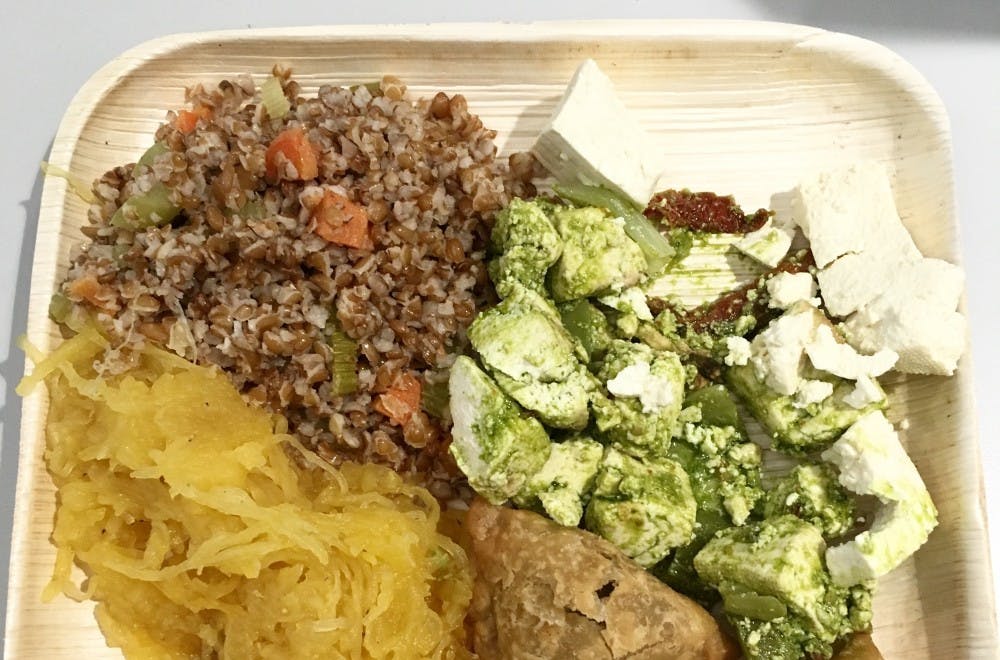OP-ED: We Shouldn't Call Dining Hall Food 'Food'


Whether it’s 1920 Commons or Hill, New College House or McClelland, let’s stop calling dining hall food "food."
The words most commonly associated with Penn Dining are probably “gross” or “disgusting.” And these are apt descriptions for the items they serve to the student body each day. To call these items "food," however, is a major stretch. We are all entitled to our own preferences, but we should do our best not to obscure the truth, especially when it comes to food.
Penn students hail from a variety of different backgrounds. This means that people have different conceptions of food and how it is prepared, served, and eaten. So when you call the pale, bland concoctions behind the sneeze guard at Commons "food," it can be insulting to those of us who grew up eating things like bread, meat, fruits, and vegetables that are actually seasoned and have flavors.
Second, we all come from different socioeconomic backgrounds. We shouldn't assume that people who can't afford to eat off-campus still consider things like uncooked rice, mysterious meat-like substances, and pre-digested spaghetti "food." Regardless of your income, you should not be led to believe that the salad bar that is home to a family of rugged Philly rats is also home to what we know as "food."
The change I ask for is not a difficult one. It’s a simple modification of vocabulary: when we talk about dining hall meals, we can describe them in a more accurate and respectful way. There is a difference between calling Hill brunch "edible," "chewable," or "barf-inspiring" and calling it "food" — because food it most certainly is not.